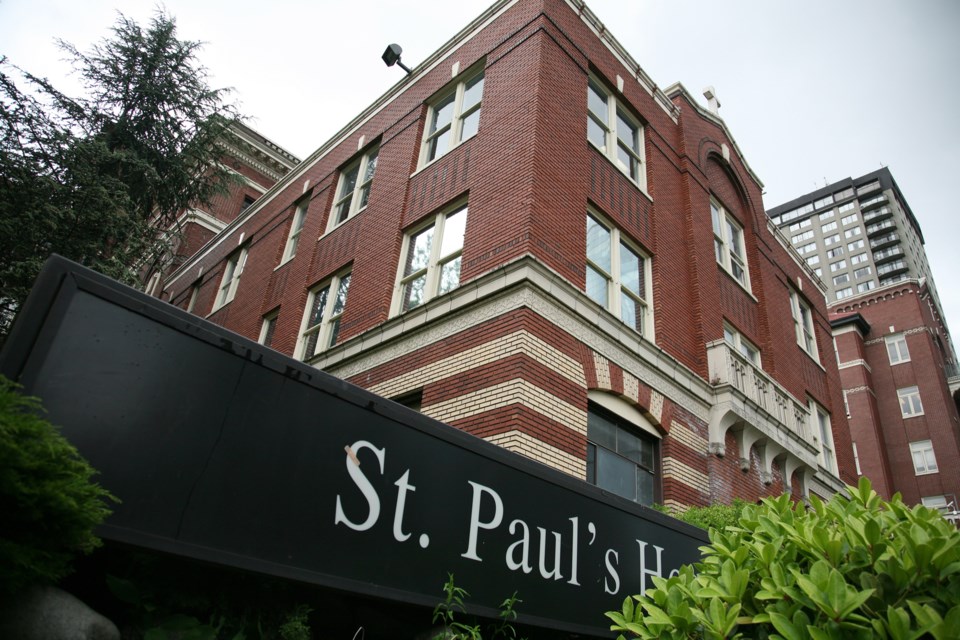The provincial government is reviewing its mental health plan in response to Mayor Gregor Robertson and Police Chief Jim Chu calling for urgent investments to help people with severe mental health problems in Vancouver.
But Health Minister Terry Lake said he’s worried the topic has turned political at a time when the government, police department and City of Vancouver should work together to find solutions for what the mayor and chief call a crisis.
“It feels political to me and I don’t think it should be political,” Lake told the Courier Monday. “We should be working together on this, not kind of working against each other. I don’t want that. I’ve never taken that approach. I’m someone who wants to be collaborative.”
Lake’s comments come after the mayor and chief reiterated their positions last week that the city is in a mental health crisis, despite the health minister’s cautious assessment of the situation in Vancouver.
Robertson urged Lake, whose constituency office is in Kamloops, to spend time on Vancouver streets with police officers. The chief said his officers continue to respond to calls daily involving the mentally ill. “It’s difficult for our officers on the front lines because they’re dealing with very volatile, difficult situations and many of the people they deal with they dealt with the night before, the week before,” Chu said.
Since January 2012, Vancouver police officers responded to more than 100 serious incidents ranging from suicides to random violent attacks against citizens. All were committed by people with severe mental health issues.
Incidents included elderly women being stomped in the head, multiple stabbings and assaults on children as young as three years old. One man was eviscerated in front of a movie theatre.
Within the past three years, the emergency room at St. Paul’s Hospital saw a 43 per cent increase in patients with severe mental illness and/or addiction. Mental illness is a factor in approximately 21 per cent of incidents handled by VPD officers and 25 per cent of the total time spent on calls where a report is written.
Lake said he doesn’t want to “downplay the significant challenge” of the number of mental health calls involving police. But, he said, he also doesn’t want to amend the government’s 10-year mental health plan before his staff reviews the plan and analyzes the VPD’s latest report.
“It’s appropriate to review this whole issue and determine if there are new strategies that we need to employ,” he said. “I just don’t want to jump to conclusions before we’ve done that process. It shouldn’t take long.”
The mayor and chief recommended 300 long-term and secure mental health treatment beds be opened in Vancouver. But Lake said more research has to be done to determine whether the beds are needed. “To just rush out and build 300 beds without having the data behind it to know that that’s the right thing to do, I think would be a mistake,” he said, noting the provincial government spends more than $1.3 billion each year on mental health and addiction services in B.C. “We need to fully understand what the needs are before we say, yes, 300 is the right number.”
Lake said he welcomes a meeting with Robertson, although neither the mayor nor any Vancouver city councillors requested time with him during the recent Union of B.C. Municipalities’ conference in Vancouver.
City manager Penny Ballem was expected to deliver a presentation to council Tuesday on the mayor’s mental health and addictions task force.
mhowell@vancourier.com
twitter.com/Howellings



